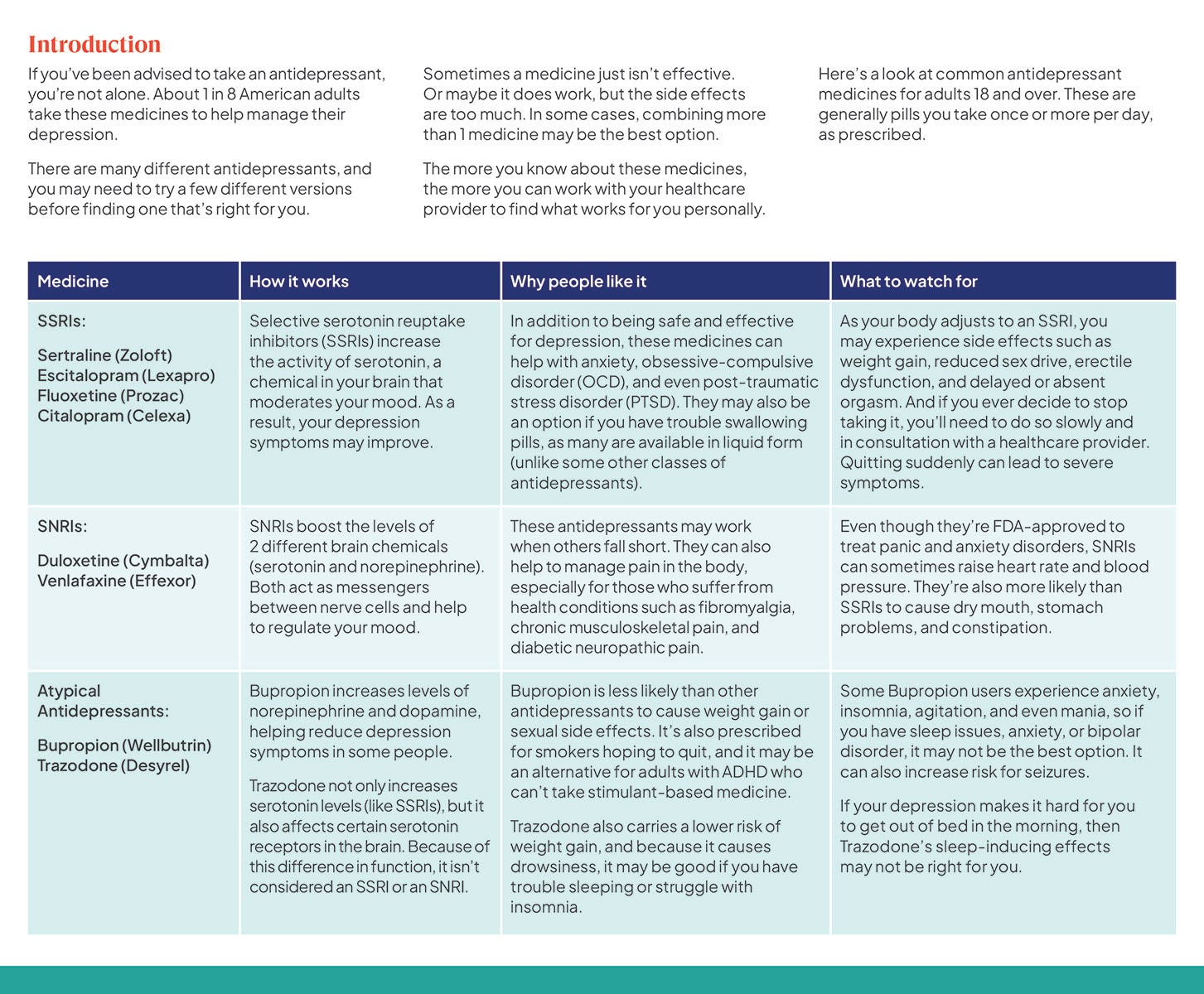Consult your doctor before starting any medication. They can assess your health, discuss potential side effects, and recommend the most suitable treatment plan for your specific needs. This includes discussing potential drug interactions with other medications you may be taking.
Consider generic alternatives. Generic medications contain the same active ingredients as brand-name drugs, often at a lower cost. They undergo rigorous testing to ensure equivalent quality and efficacy.
Explore different dosage forms. Medications are available in various forms, like tablets, capsules, liquids, or injections. Discuss with your doctor which form best suits your preferences and needs. For example, some individuals find swallowing pills difficult and might benefit from liquid formulations.
Read the medication guide carefully. This leaflet provides crucial information on proper usage, potential side effects, and storage instructions. Paying close attention ensures safe and effective medication use.
Ask questions. Don’t hesitate to ask your pharmacist or doctor about any uncertainties regarding your medication. Clarifying any doubts prevents misunderstandings and ensures you understand how to take your medicine correctly.
Store medications properly. Follow storage guidelines provided on the label to maintain the medication’s effectiveness and safety. Improper storage can degrade the drug’s potency.
Remember, open communication with your healthcare provider is key to managing your health effectively.



